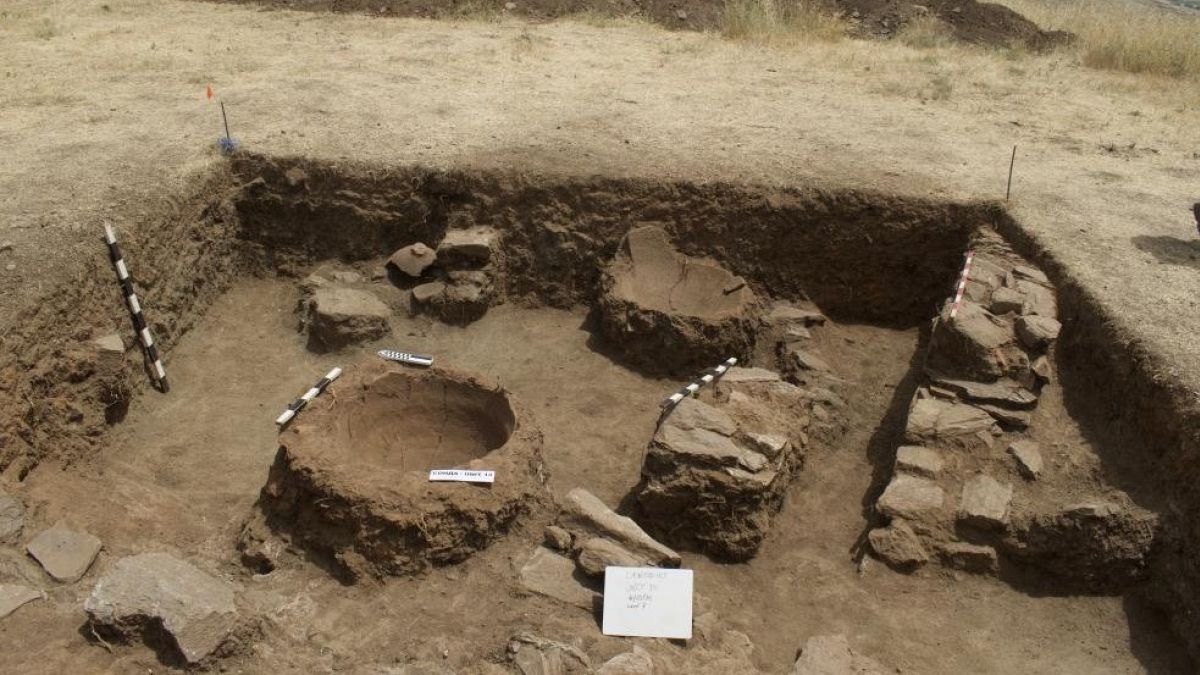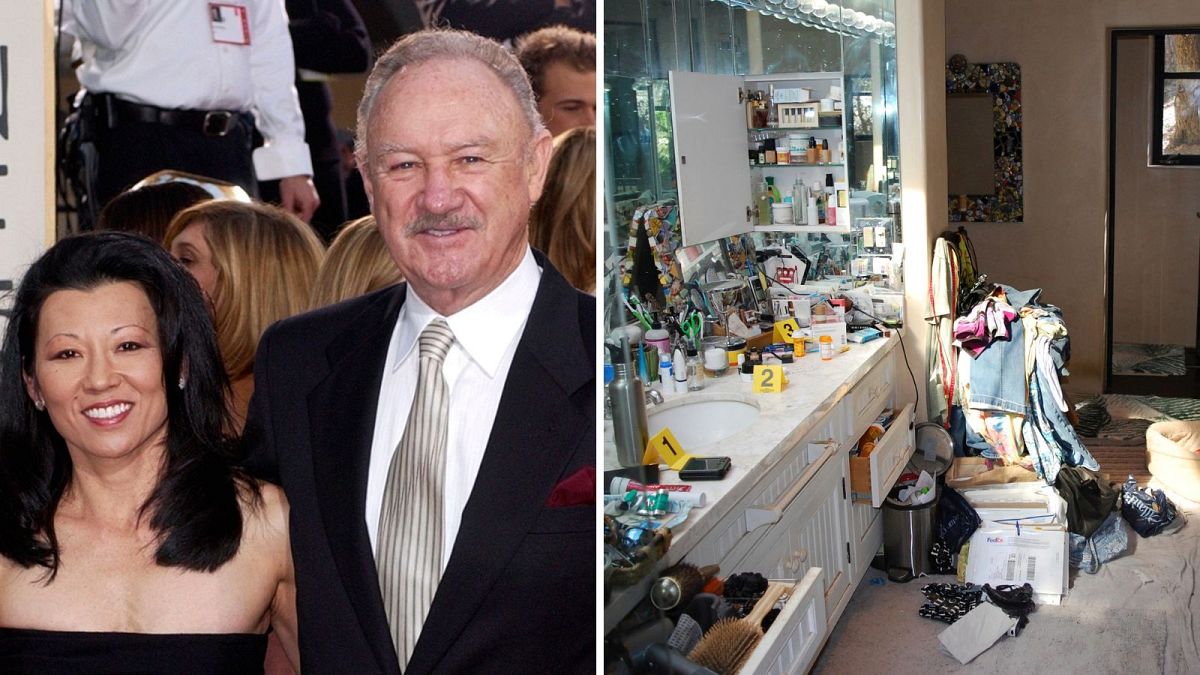A study from the BBC has found that last year, the 40-top funded theatre companies put on 229 original commissions, a 31% drop from the 332 productions put on in 2014.
For the research, it analysed the showings from 2014 and 2024 at the UK’s top 40 venues, festivals and touring companies that have the highest annual grants from Arts Council England (ACE), the country’s government’s culture funding body, and counted the number of professional productions over an hour that ran for at least a week.
The steep decline in original commissions demonstrates the severe state of the UK’s theatre industry. At the other end of the financial spectrum, theatres are struggling to keep their doors open.
A 2024 study found that one in five theatres need at least £5 million (€5.8 million) to remain open in a decade. Without significant financial investment, 40% could close within the next five years.
With the top theatres not staging as many plays and the lower-earning theatres facing closure, concern has also been raised about the youth pipeline for theatre-makers. Drama is declining as an available school subject across the country, while major drama schools are shutting down, with the Bristol Old Vic theatre school closing its doors after nearly 80 years of training actors.
Responding to the BBC’s investigation, Leeds Playhouse chief executive and artistic director James Brining said that his theatre’s decision to cut their original shows from 12 to eight a year is due to increasing expenses.
“We love making work. So it's heartbreaking that the amount of work you can make is reducing, and it is reducing the pipeline opportunities for artists at the beginning of their careers,” Brining said.
If it is costly for theatres to stage work, it is near impossible for the freelancers behind the productions to make ends meet in the UK’s current cost-of-living crisis. Responses to a 2024 Freelancers Make Theatre Work showed that over a third of freelance theatre-makers earned under the National Living Wage.
“Although freelancers feel valued, respected and uplifted by their colleagues, they feel there is a lack of support from arts organisations, politicians, and funding bodies. Whilst there is an evident love for the job and the craft of theatre-making, as one freelancer aptly put it: ‘love is not enough’,” the executive summary of the survey said.
Theatre-maker and blogger Carl Woodward wrote on X: “of course, a big drop in plays staged by theatres, is a big drop in writer commissions, a big drop in director opportunities, a big drop in designer gigs, a big drop in stage management jobs – on it goes – there is clear and present danger for regional theatre in Britain”.
Many of the major theatre productions in the UK are now co-productions between theatres. This splits the financial investment, reducing the risk and allowing productions to tour across the country.
While this creates opportunities for bigger productions, it has meant a reduction in smaller shows that are often the breeding ground for new talents.
These larger productions – often musicals – are also more likely to be aimed at crowd pleasing over challenging theatrical works. “When money is tight, people want a good night out and they don't want to take a risk,” Salisbury Playhouse artistic director Gareth Machin said.
“They're probably not coming out as much as they were, so when they do come out they don't want to take a chance on something they're not sure is going to be entertaining and a fun experience,” he added.
In 2022, ACE was heavily criticised when its five-year funding plans for institutions revealed that funding had been cut from many key establishments in the UK’s culture scene. Of these, two theatres that specialised in producing new writing, the Hampstead Theatre and Donmar Warehouse, were cut entirely from the funding list.
As cuts rampage across the theatre industry, there are some shreds of hope. In response to Arts Council Wales slashing £1.6 million (€1.9 million) from the National Theatre Wales’s budget, forcing its closure, actor Michael Sheen has set up a new Welsh National Theatre.
“Welsh theatre makers, Welsh stories and Welsh actors” will be put at the forefront of the venture, Sheen said. “I want it to be something that represents the rich culture that we are and always have been in this country.”

 23 hours ago
6
23 hours ago
6






 We deliver critical software at unparalleled value and speed to help your business thrive
We deliver critical software at unparalleled value and speed to help your business thrive






 English (US) ·
English (US) ·